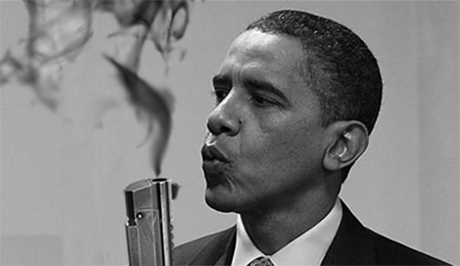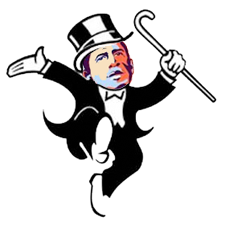The Nobel Committee, having whetted its appetite for absurdity with a long string of goofy Peace Prize Awards, especially but not limited to the 2009 award for Barack Obama (who had done nothing but get elected to earn it), went all the way by giving the 2012 award to the European Union.
Barack Obama went on to become a “war president,” even regularly picking targets for assassination by drone. So, could Europe continue the trend and head straight towards war?
Maybe. Last year, former French Prime Minister Alain Juppe warned that the unions debt crisis could lead to “the explosion of the European Union itself,” and warned of growing nationalism. And violent unrest.
Dire warnings from former heads of state are one thing. Actual military movements are another. And Switzerland seems to be preparing for the worst:
The Swiss defense ministry told CNBC that it doesn’t rule out having to deploy troops in the coming years.
“It’s not excluded that the consequences of the financial crisis in Switzerland can lead to protests and violence,” a spokesperson told CNBC.com. “The army must be ready when the police in such cases requests for subsidiary help.”
Talk about financial contagion!
Cooler heads may prevail, of course. Matthew Feeney, writing at reason.com, notes that the “most obvious argument against the possibility of war is that there are no likely candidates for the part of aggressor.” And Europe hasn’t exactly been engaging in a massive military build-up, unlike before the two world wars.
Alas, that doesn’t preclude massive rioting and uprisings.
Sovereign financial bankruptcy usually follows war, rather than preceding it. I guess that provides something like hope.
This is Common Sense. Im Paul Jacob.





